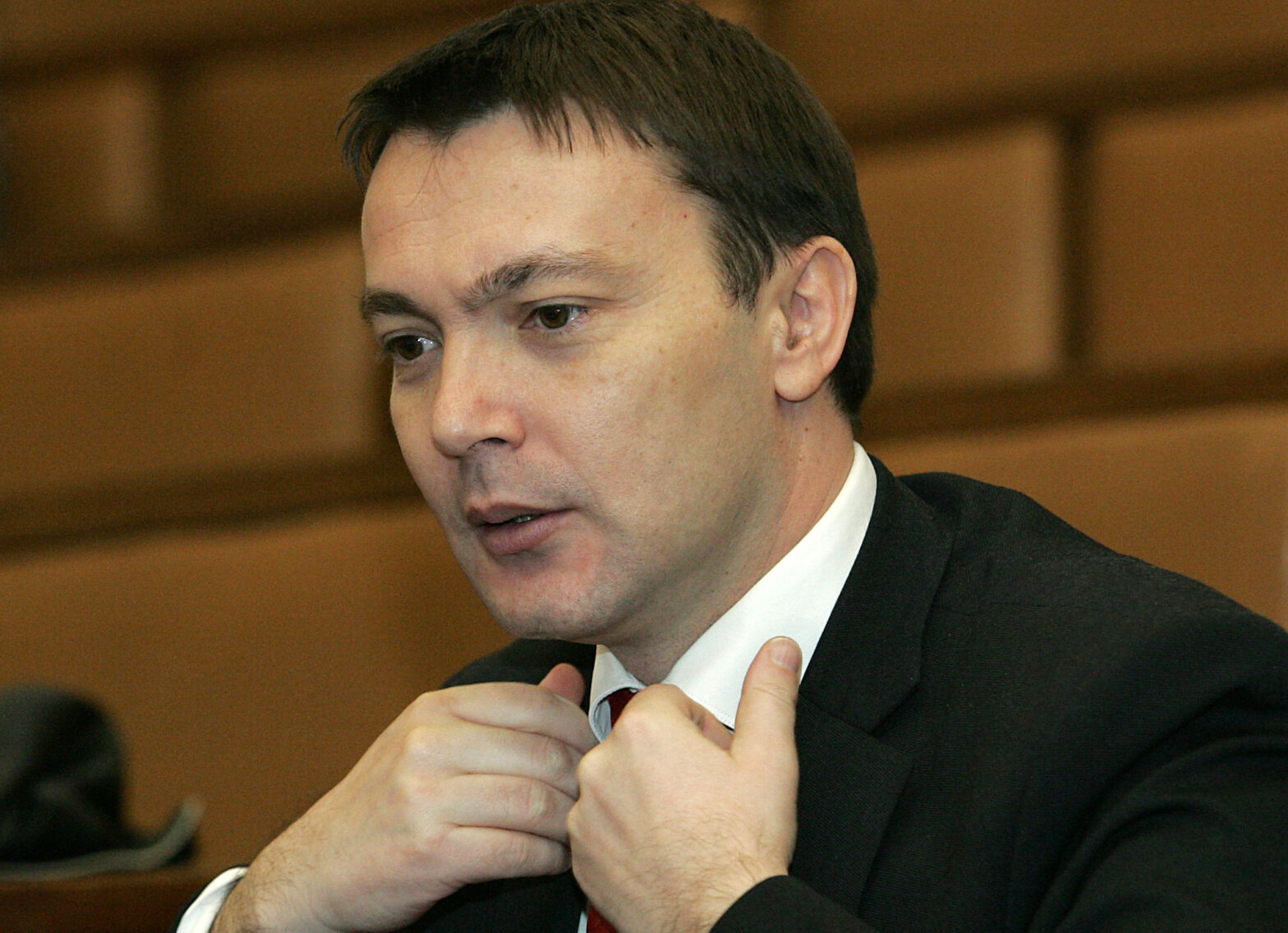Package of laws regulating the electoral process is only the first step in the fulfillment of one of the campaign promises – a comprehensive and systematic reform of the electoral legislation. GONG is pleased with the positive advances that new electoral laws bring, but wants to point out the outstanding issues and the risks to which it is still possible to respond adequately during the adoption of these laws in the Croatian Parliament.
Package of laws regulating the electoral process isonly the first step in the fulfillment of one of the campaign promises – a comprehensive and systematic reform of the electoral legislation.Today, the government approved the final comments on the Law of voters registry, Law on financing political activities and election campaigns, the Law on local elections, Law on local and regional and Law on residence. GONG is pleased with the positive advances that they contain, but wants to point out the outstanding issues and the risks to which it is still possible to respond adequately during the adoption of these laws in the Croatian Parliament.
Positive steps – voters’ registry, precise regulation of revocation
Positive steps apply primarily to the start of fixing voters registry, fictitious residence and create the conditions for the exercise of voting rights of persons deprived of their legal capacity. While the Government and relevant ministries will be responsible for the quality implementation of the law on residence and voters registry, there is a potential for selective implementation and discrimination of certain groups of citizens. So GONG calls Croatian Parliament for further debate of the potential risks of these laws.
Furthermore, the positive changes are related to more precise control of the conditions for revocation of mayors, and in further ensuring transparency of financing of political parties and election campaigns, facilitating the establishment of durable, easily searchable, online donor registries.In this respect, high expectations are directed towards the State Election Commission that is capacitated to adequately monitor transparency of political parties and campaigns.
Gaps – corruption at the local level, passive voting right restriction
On the other hand, the Government has failed to fully contribute to the prevention of corruption at the local level. The greatest risks are found in the Law on local government that was based on political compromises and particular interests of mayors, at the expense of the role of representative bodies that is reduced. For example, the right of appointment and dismissal in the public institutions and companies, and especially in the media owned by local and regional governments, should still belong to the representative body through which, under the Constitution, citizens exercise their right to local government, rather than to the heads of public bodies.
Additionally, it is missed to prescribe embargo from running in elections to the persons convicted of serious crimes such as war crimes, crimes against humanity, abuse of authority, economic crimes and war profiteering.
Finally, electoral reform is necessary to ensure the full integrity of the elections and the need to increase public confidence in the electoral process. The Government should not stop at this first step, but it is necessary to make efforts in the next period, in collaboration with the interested public, to arrange greater influence of voters in the electoral process through referendum, as well as issues of electoral models, the role of the media in the coverage of elections and standardizing all election procedures through uniform rules.
